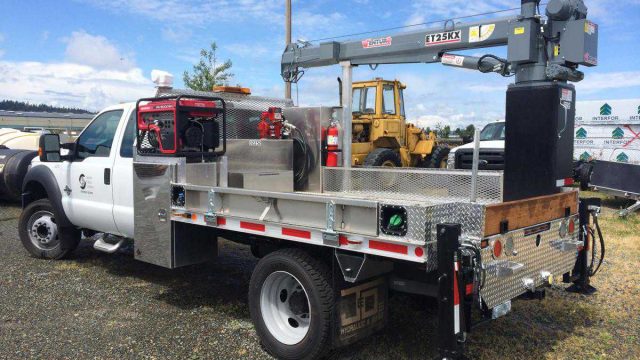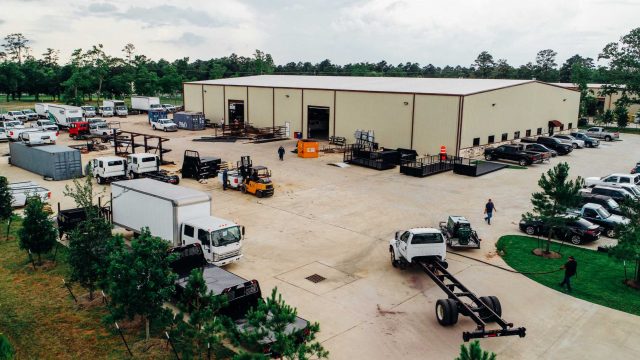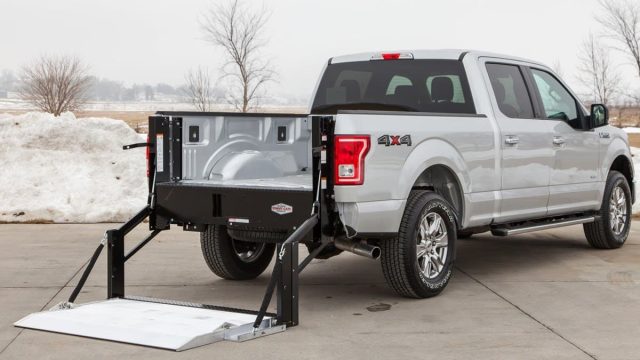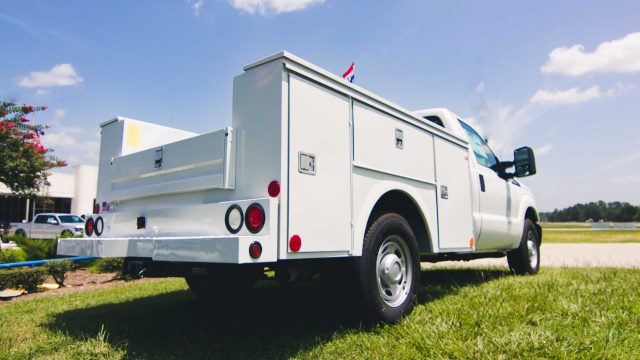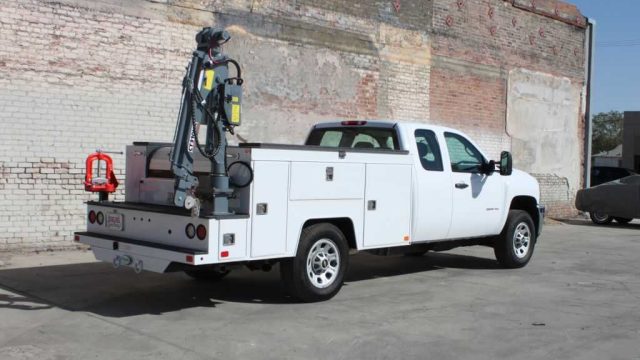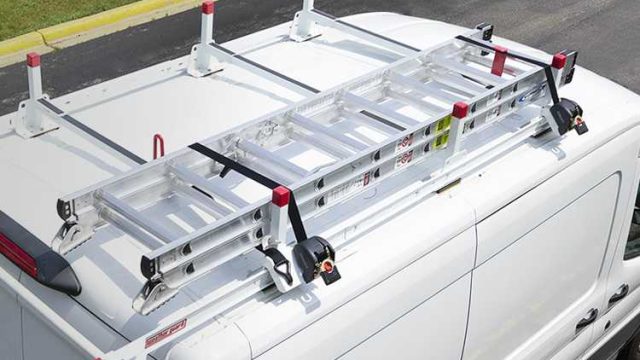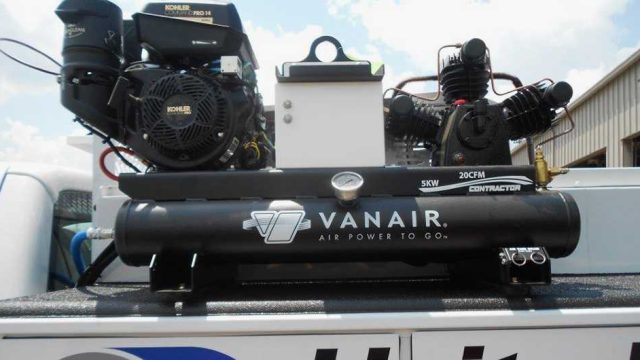Fuel efficiency is a critical aspect of managing a successful commercial truck fleet, as fuel expenses often represent one of the most significant ongoing costs for fleet operators. With ever-evolving technologies, innovations, and sustainable practices, it’s now more accessible than ever for businesses in the greater Houston area to optimize their fleets for increased fuel efficiency. By adopting fuel-saving strategies, fleet operators can reduce operational costs, minimize greenhouse gas emissions, and contribute to environmental sustainability efforts.
In this comprehensive guide, we will delve into seamless strategies and best practices to optimize fuel efficiency across your commercial truck fleet. We will explore the various facets of fleet management that impact fuel consumption, from factors such as driver behavior, equipment selection, and proactive maintenance practices, to company-wide initiatives focused on fostering a culture of sustainability.
By familiarizing yourself with best practices in sustainable fleet management, you can make informed decisions that will result in a more fuel-efficient and environmentally conscious fleet, ultimately benefiting your bottom line and reducing your carbon footprint.
Join us as we navigate the complexities of fuel efficiency in commercial truck fleets, offering practical insights that will empower you to make the best decisions for your fleet’s ongoing operations. Learn how to implement successful strategies, optimize fleet performance, and stay ahead of the curve in the fast-paced, competitive commercial trucking industry in the greater Houston area.
Implementing Fuel-Efficient Driving Techniques and Driver Training Programs
One critical aspect of fuel-efficient fleet management is the role of driver behavior. By promoting and incorporating fuel-efficient driving techniques, you can significantly reduce your fleet’s overall fuel consumption. Some examples of these techniques include:
1. Smooth Acceleration and Braking: Encouraging your drivers to practice controlled acceleration and gradual braking can minimize fuel usage and reduce wear on trucks’ components.
2. Maintaining Optimal Speed: Ensuring that drivers keep to the speed limit and find the most fuel-efficient cruising speeds for their trucks can result in improved fuel economy.
3. Reducing Idling Time: Encouraging drivers to switch off engines during extended periods of inactivity can help save fuel and reduce unnecessary emissions.
4. Utilizing Cruise Control: Taking advantage of the cruise control feature when appropriate can help maintain steady speeds and conserve fuel for long-haul routes.
In addition to encouraging fuel-efficient practices, consider implementing driver training programs that provide instruction on fuel-saving techniques and offer real-time feedback for continuous improvement.
Maximizing Fleet Efficiency Through Proper Maintenance and Timely Repairs
Regular and proactive truck maintenance plays a crucial role in optimizing fuel efficiency. Implementing a strict maintenance schedule can help ensure that your trucks run smoothly, resulting in fewer breakdowns and more reliable fuel consumption. Key maintenance practices for increased fuel efficiency include:
1. Tire Care: Inspecting, rotating, and maintaining proper tire inflation can minimize rolling resistance and maximize fuel economy.
2. Engine Maintenance: Regular engine tune-ups and the timely replacement of air and fuel filters can increase engine efficiency and fuel usage.
3. Oil Changes: Following the recommended oil change intervals and using the appropriate grade of engine oil can improve fuel efficiency by reducing engine friction.
4. Prompt Repair: Addressing any mechanical issues immediately can help prevent further damage and maintain the fuel efficiency of your trucks.
By prioritizing regular maintenance and inspections, you can optimize your fleet’s fuel efficiency while simultaneously improving safety and overall performance.
Smart Route Planning and Fleet Optimization for Reduced Fuel Consumption
Efficient route planning and fleet optimization are additional factors that can contribute to reduced fuel consumption. By analyzing and optimizing routes, you can minimize driving distances, avoid heavy traffic, and streamline your fleet operations. Consider the following strategies for smart route planning:
1. Route Analysis: Leverage data from GPS tracking systems to analyze routes and identify areas for improvement or the potential for route optimization.
2. Real-Time Traffic Monitoring: Utilize real-time data to adjust routes and avoid congested areas that can result in increased fuel consumption and delay.
3. Fuel-Efficient Routing Software: Implement fleet management software solutions that help plan fuel-efficient routes, minimize idle time, and support your fuel-saving initiatives.
4. Load Consolidation: Optimize load planning by consolidating shipments to minimize empty miles and efficiently utilize the capacity of your trucks.
By implementing smart route planning strategies and leveraging advanced fleet optimization tools, you can make data-driven decisions that contribute to fuel savings and improved efficiency.
Selecting Fuel-Efficient Trucks and Technologies to Enhance Fleet Performance
Investing in fuel-efficient trucks and technologies can play a significant role in optimizing your fleet’s fuel efficiency. As you evaluate your fleet’s needs, consider the following advances in trucking technologies that can contribute to improved fuel economy:
1. Aerodynamic Design: Opt for trucks with streamlined designs that minimize air resistance and improve fuel efficiency.
2. Advanced Engines: Seek engines with innovative features such as variable valve timing, turbocharging, and direct injection technology for better fuel economy.
3. Alternative Fuel Vehicles: Consider incorporating trucks powered by alternative fuels or hybrid powertrains to reduce the dependence on petroleum-based fuels and lessen emissions.
4. Telematics Systems: Utilize telematics systems to monitor driver behavior, promote fuel-efficient practices, and make informed decisions based on real-time data.
Investing in fuel-efficient trucks and technologies can provide long-term savings, enhance your fleet’s performance, and contribute to environmental conservation.
Optimizing your commercial truck fleet for fuel efficiency is essential for reducing operational costs, improving performance, and minimizing environmental impact. By implementing fuel-efficient driving techniques, proactive maintenance, smart route planning, and adopting sustainable technologies, you can successfully enhance the fuel economy of your fleet in the greater Houston area.
Partner with TER Texas and let our team of experts assist you in building a fuel-efficient and environmentally friendly commercial truck equipment. With our experience and technical knowledge, we can guide you through every step of the process, helping you make informed decisions to maximize savings and performance. Contact us today to get started on your journey towards a more sustainable and fuel-efficient fleet.

